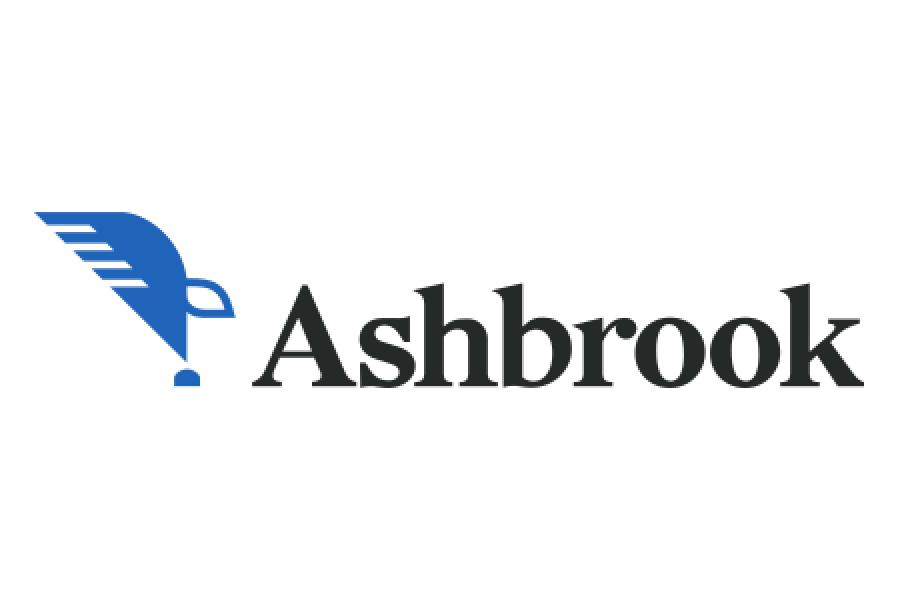
Ashbrook Center to Host Colloquium on "The Difference Between Political Economy and Social Economy"
10/17/11 ASHLAND, OH -- The Ashbrook Center at Ashland University will host a colloquium on "Are We More Interested in Votes and Taxes or Bread and Cake?: The Difference Between Political Economy and Social Economy" presented by Dr. Gordon Lloyd, professor of Public Policy at Pepperdine University, on Friday, Nov. 4.
There is no charge to attend this event, which will be held in the Ashbrook Center at 3 p.m. For more information, contact Lisa Ormiston at 419-289-5429 or lormiston@ashbrook.org<mailto:lormiston@ashbrook.org>.
The basic spectrum of public policy, certainly in the Western World, over the last four centuries reflects one of two rival and opposite points of departure. The first, the liberty narrative, is grounded in the work of John Locke and subsequently "corrected" by Adam Smith, the American Founding, John Stuart Mill and in the twentieth century by such thinkers as F. A. Hayek and Milton Friedman. The second, the equality narrative, is grounded in the work of J.J. Rousseau and subsequently "corrected" by the French Revolution, the early socialists, Karl Marx and in the twentieth century by popular social economists like John Kenneth Galbraith and Michael Harrington.
The liberty narrative emphasizes the importance of the "liberty basket" and political economy: private property as a reward for entrepreneurship, the wisdom of market forces, limited government, and the capacity of humans to govern themselves in the political, economic and religious realms. The equality narrative emphasizes the importance of the "equality basket" or social economy: private property is the result of theft, the anarchy of market forces and the need for the wisdom of planners, a centralized administration expressing the general will, and the victimization and alienation of ordinary human beings.
Lloyd earned his B.A. in economics and political science at McGill University. He completed all the coursework toward a doctorate in economics at the University of Chicago before receiving his M.A. and Ph.D. degrees in government at Claremont Graduate School. The coauthor of three books on the American founding and sole author of a book on the political economy of the New Deal, he also has numerous articles, reviews and opinion-editorials to his credit. His latest coauthored book, The Two Narratives of Political Economy, was published in 2010. He is the creator, with the help of the Ashbrook Center, of three highly regarded websites on the origin of the Constitution. He has received many teaching, scholarly and leadership awards including admission to Phi Beta Kappa and the Howard White Award for Teaching Excellence at Pepperdine University. He currently serves on the National Advisory Council for the Walter and Leonore Annenberg Presidential Learning Center through the Ronald Reagan Presidential Foundation.
The Ashbrook Center, located on the campus of Ashland University, seeks to restore and strengthen the capacities of the American people for constitutional self-government through educational programs for students, teachers and citizens. Ashland University values the individual student and offers a unique educational experience that combines the challenge of strong, applied academic programs with a faculty and staff who build nurturing relationships with their students.